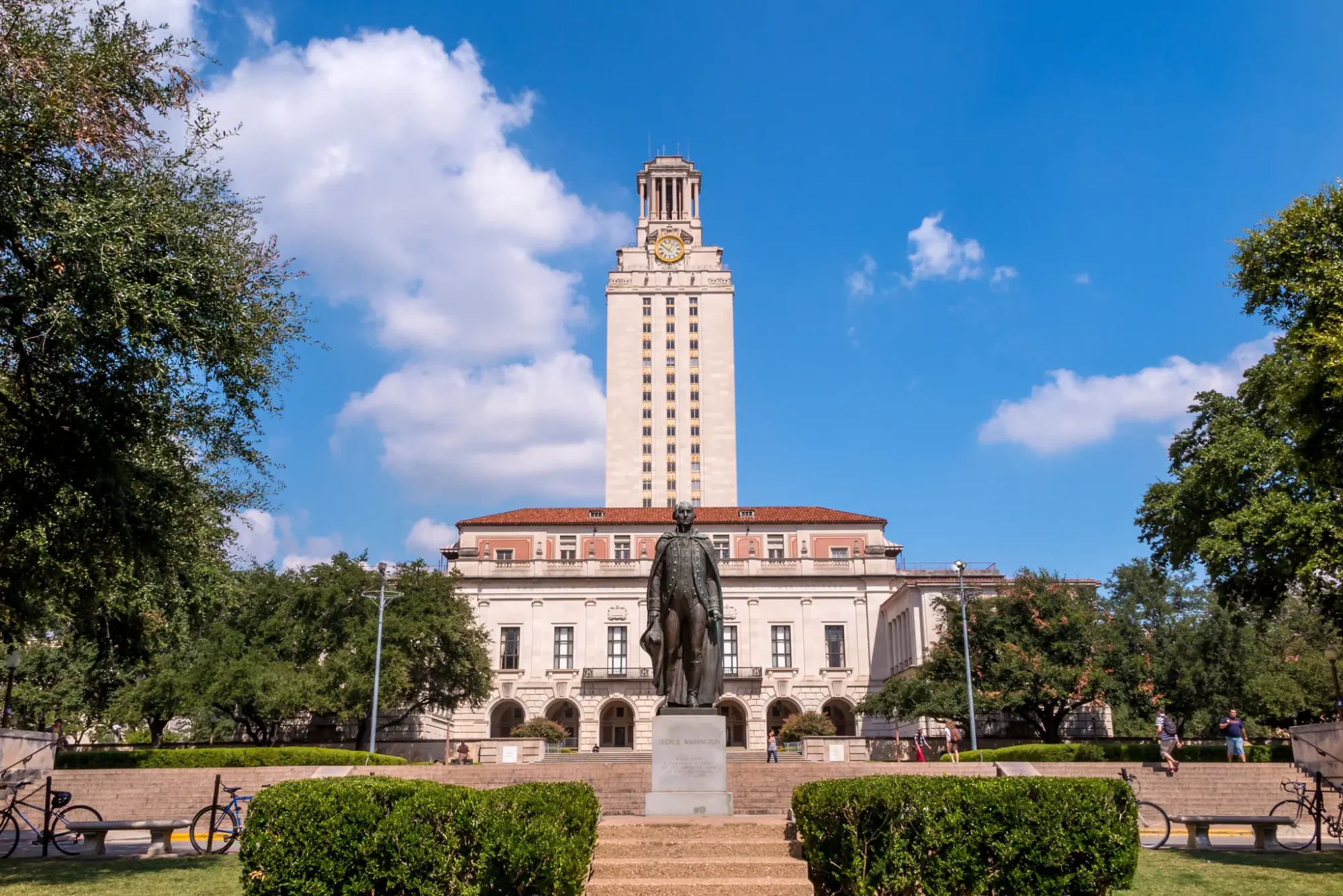Frisco taxpayers will have to endure nine separate elections in roughly twelve months. It’s yet another example why statewide reforms focused on election uniformity are needed to help reduce voter fatigue and increase public accountability.
 Nine elections in Frisco have been scheduled between March 2016 and May 2017, which includes the city’s special runoff on March 25th between John Keating and Brandon Burden. If the upcoming elections in May also result in a runoff, the total number will climb to ten.
Nine elections in Frisco have been scheduled between March 2016 and May 2017, which includes the city’s special runoff on March 25th between John Keating and Brandon Burden. If the upcoming elections in May also result in a runoff, the total number will climb to ten.
There are several problems with Texas’ election system. The most glaring issue is that local city and school board elections appear on a separate ballot in May, with runoffs often overlapping primary runoffs. Alternatively, local races could be placed on March’s primary ballot, while still remaining “non-partisan.”
This simple change would result in two election cycles per calendar year, roughly six months apart (March and November), excluding runoff elections. This would also allow for certain special elections – those necessary to fill an unexpired term due to retirement or death – to take place on a uniform election date.
Another problem with our election system stems from local governments placing bond propositions and Tax Ratification Elections (TREs) on arbitrary ballots.
These “special elections” were conducted by numerous Texas school districts in 2016, including Midland, Lovejoy, and Frisco ISD. Both Midland and Frisco ISD asked voters to vote on massive property tax increases prior to November’s presidential election. Lovejoy ISD held their TRE over the summer, in June.
Arbitrary election dates for new debt and tax increases aren’t the only problem. Local governments can also select non-uniform polling locations – often times inside their administration and school buildings – which helps ensure government employees vote, while further confusing the general public.
In fact, the nefarious tactic of “rolling polling” – whereby districts actually move polling locations from school to school throughout early voting – is routinely employed. Frisco ISD used this tactic successfully in 2014, which dramatically improved their level of support during early voting. Highland Park ISD illegally used the tactic on the November ballot in 2015. And in 2016, Coppell ISD also used rolling polling, which helped their enormous $225 million bond pass by only 22 votes.
May municipal ballots, special elections, and rolling polling all have similar effects—they encourage lower levels of general turnout while targeting sympathetic voting constituencies.
While perfect election uniformity across the state is not practical, lawmakers should eliminate the arbitrary and complex nature of our current system. With countless layers of federal, state, and local governments, knowing who to vote for is already difficult. At the very least, taxpayers deserve consistency in knowing when and where to cast their ballot.




